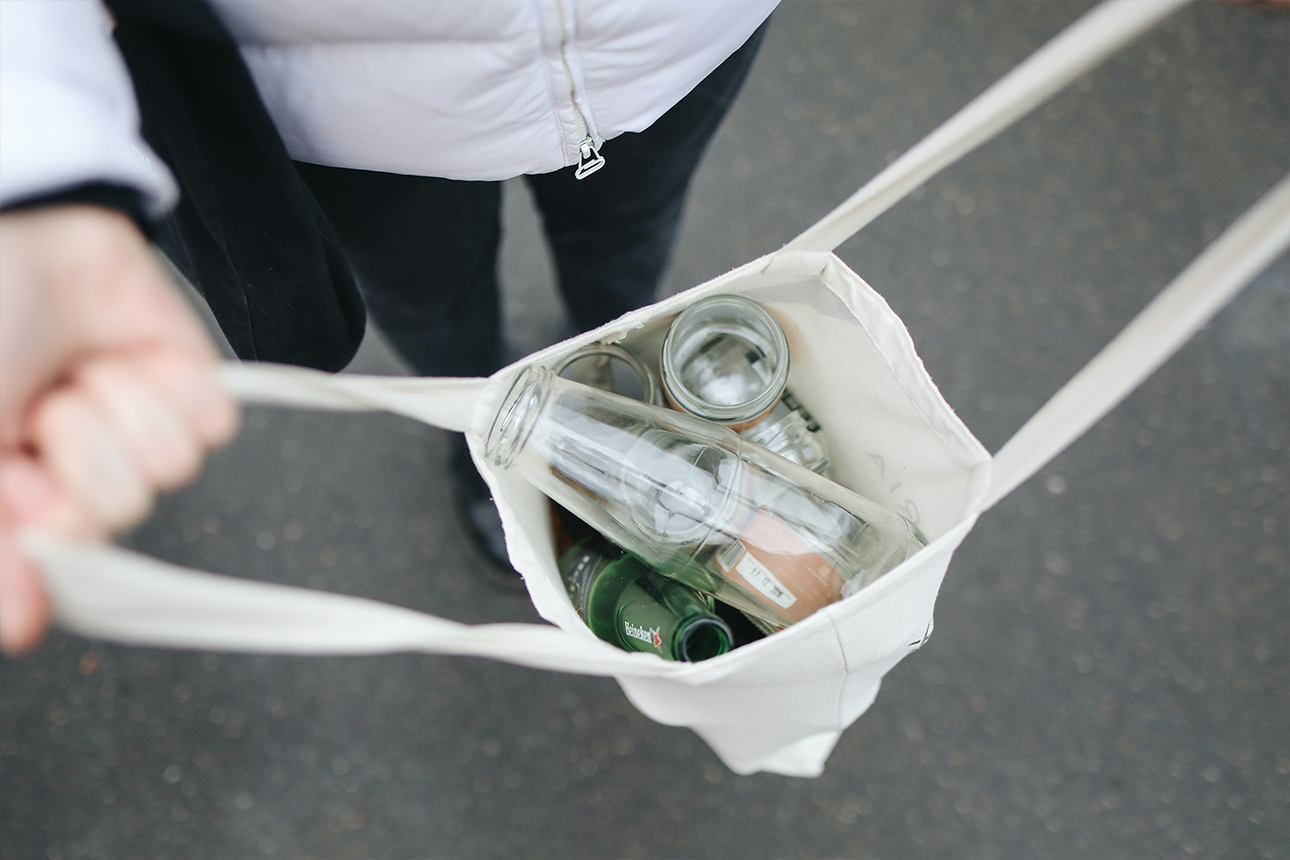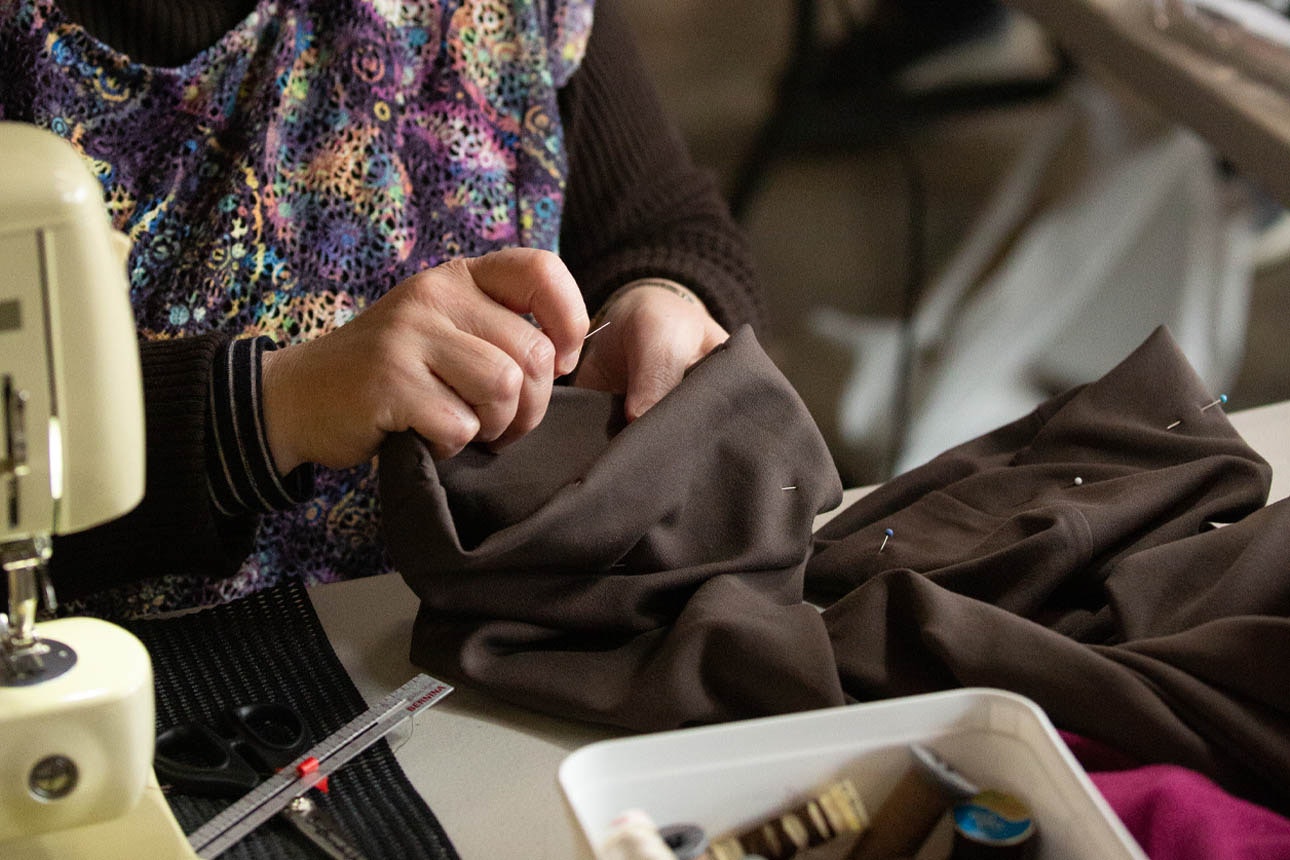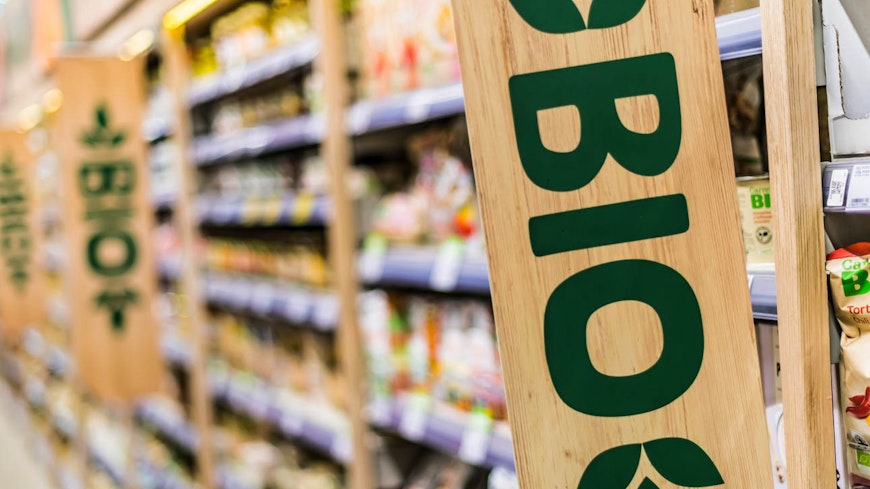
Our investigation into the green claims on a basket of supermarket goods has found greenwashing claims are rife in Aotearoa.
Our shopping basket included a ‘planet conscious’ air freshener, ‘industrial compostable’ teabags, ‘ocean plastic’ bags, crisps and herbs in ‘compostable’ packs, and ‘eco-friendly’ cotton buds.
“All nine items we looked at featured claims that were either unsubstantiated or risked misleading the shopper in some way,” said Gemma Rasmussen, our head of research and advocacy.
“Often 'green' products are sold at a premium to conscientious shoppers, but it can be very difficult to debunk what is real, and what is spin.”
Our sentiment tracker data shows almost half of New Zealanders are mindful of sustainability when shopping for groceries.
“Our investigation has not only highlighted how easy it is for manufacturers to use terms that are vague and meaningless, insinuating environmental kudos, but how easy it is for such products to be stocked on New Zealand shelves due to lack of enforcement."
The watchdog found multiple compostability claims that did not meet best practice guidelines.
We are calling for an independent investigation of greenwashing claims across multiple industries in New Zealand, and the introduction of new regulations to tackle dodgy 'green’ claims.
"We want New Zealanders to sign up to our campaign and add their voices to our call to end greenwashing now.”
Proper Crisps
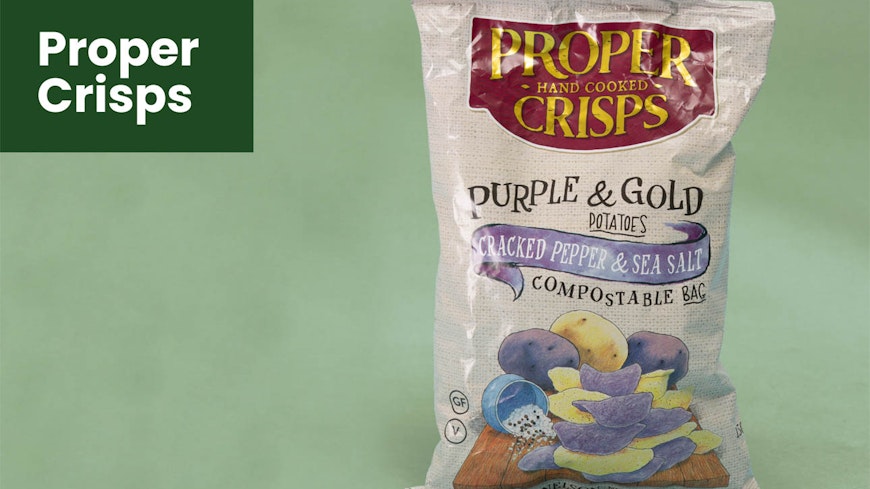
Some ‘Proper Crisps’ are sold in 'compostable bags' – but if those bags are thrown into landfill, they won’t break down any quicker than other packaging.
“‘Proper Crisps’ compost claim does not meet best practice guidelines.”
Botanica Air Wick room spray
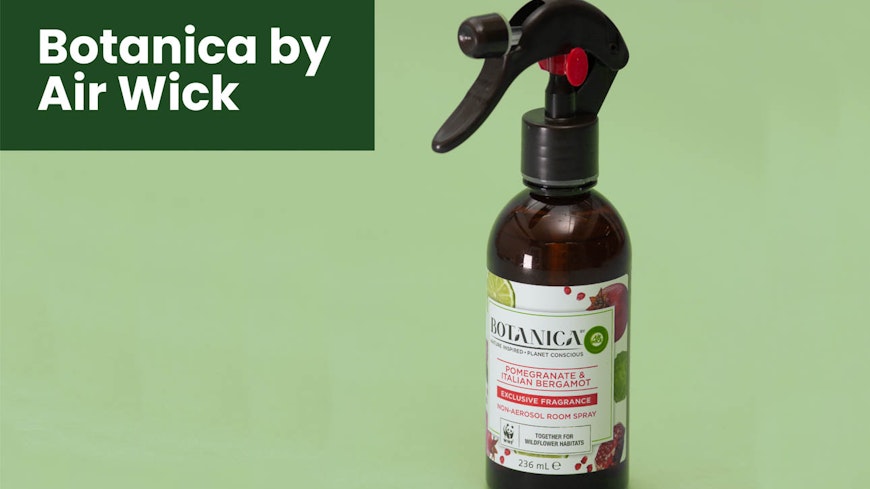
This room spray claims to be 'planet conscious' and 'nature inspired'.
"We think these claims could lead shoppers to think this product is better for the environment than alternative air fresheners.”
A spokesperson for the company said the term ‘nature inspired’ is a subjective term, rather than scientific. It refers to sourcing essential oils 'responsibly' and using ingredients sourced from nature.
“Just because an ingredient comes from nature doesn’t mean it’s harmless to people or the environment," said Rasmussen.
Dilmah tea
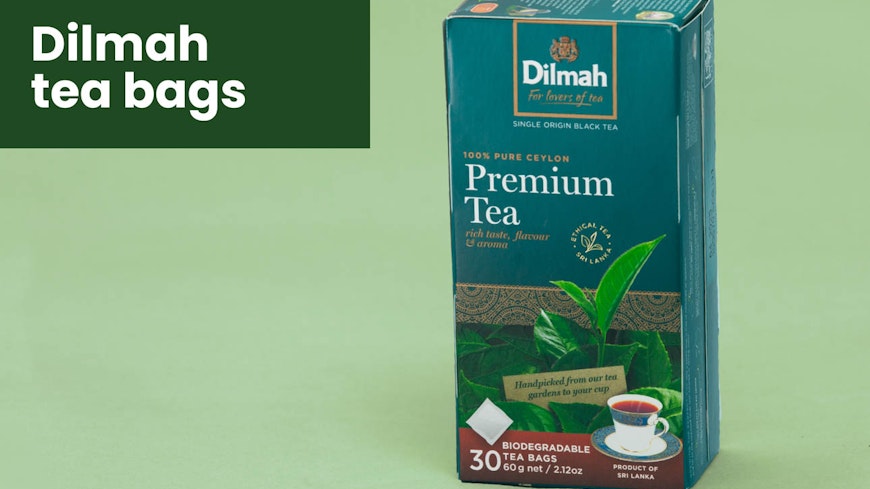
We raised concerns about the ‘biodegradable – industrially compostable’ claims on Dilmah's teabags. There are very few industrial compost facilities in New Zealand which means it’s not practical for most New Zealanders to send their used tea bags to a composter.
“Given 'biodegradable' is slapped on the front of the box, many shoppers could end up throwing the tea bags into landfill.”
In response to our concerns, Dilmah agreed to change the labeling of its ‘biodegradable’ teabags until facilities for industrial composting are more widely available in New Zealand.
Earth smart aqua wipes
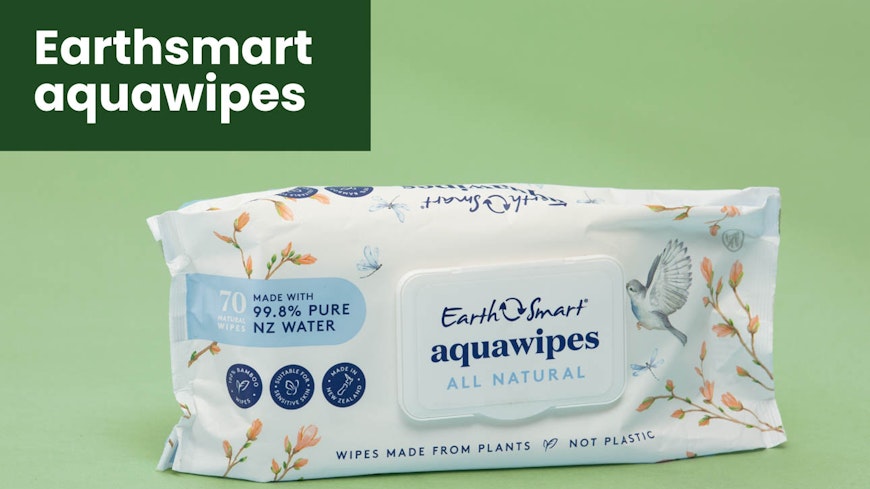
"We think the term 'earth smart' is another example of a vague and meaningless claim, which risks misleading consumers into thinking the wipes are better for the environment than they actually are.”
A spokesperson for Cottonsoft (owner of Earth Smart) provided test results of biodegradability for the wipes in home compost. However, Cottonsoft recommends putting the wipes in landfill rather than home compost because of the presence of pathogens from baby poo.
"A claim of biodegradability must be accurate. With the presence of poo, these baby wipes need to go in the bin, just like every other brand on the market."
Glad to be Green 50% ocean plastic recycled bags
These bags are made with 50% ocean plastic.
“At first glance a shopper may think an ‘ocean plastic recycled bag’ is made from plastic recycled from the ocean. But that’s not the case here.”
Ocean plastic is plastic collected within 50km of the shoreline in communities with no formal waste management – not from the ocean.
Goodness me really fruity nuggets
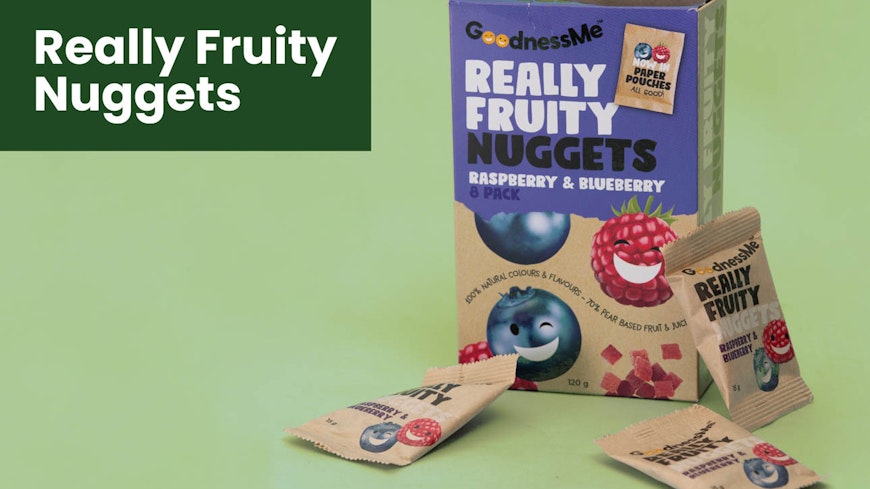
We questioned the product's 'now in paper pouches all good' claim.
The paper pouches consist of 65% Kraft paper and 35% CPP – which is a plastic.
“It's misleading to say the packaging is ‘paper’ when in fact, it’s partly plastic.”
Following this issue being brought to its attention the company has decided to remove the claim about paper from its packaging.
How to combat greenwashing
Most shoppers would find it hard to determine if green claims are genuine or just a sneaky marketing ploy.
“It took hours for our researcher to contact manufacturers and unpack the various 'green’ claims on packaging. This isn’t good enough.”
The European Union has proposed a range of measures to ban untrustworthy and false environmental claims. This will include getting rid of generic and vague terms like ‘eco’, ‘green’ and ‘environmentally friendly’.
In Australia, the consumer regulator Australian Competition and Consumer Commission (ACCC) has just conducted a market sweep that found 57% of environmental claims to be questionable and is now investigating a number of businesses.
"It’s evident from a trip to any local supermarket that Aotearoa is behind the eight ball when it comes to cracking down on greenwashing claims.”
At present, the Fair Trading Act prohibits manufacturers from making misleading or unsubstantiated ‘green’ claims. However, enforcing these provisions relies on people complaining to the Commerce Commission or Advertising Standards Authority.
“Corrective or legal action can take years, and, in the meantime, it relies on shoppers identifying greenwashing claims and making a complaint.
“We don't think it's fair to put the onus on the public. Shoppers can also unwittingly be paying a premium for products that they believe are better for the environment.”
In Australia, consumer advocates have suggested claims need to be checked before a product goes to market.
“The time has come for New Zealand to introduce regulations to tackle greenwashing.”
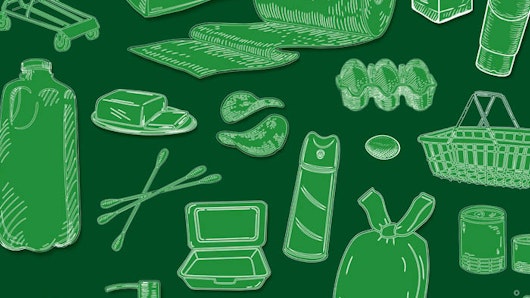
Help stop greenwashing in Aotearoa
We need your help to call out dodgy 'green’ claims.

